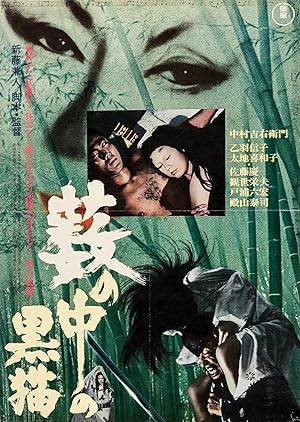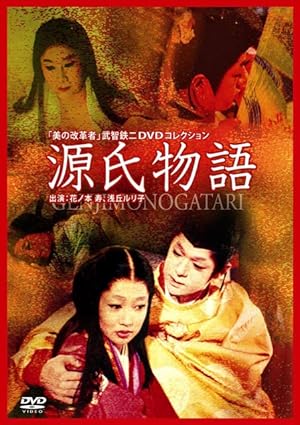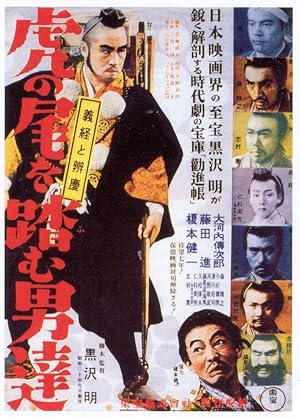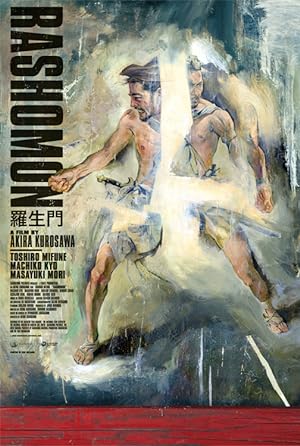Top 100 Heian Period movies
Welcome to our curated selection of titles and articles connected to the keyword "Heian Period". Here, you’ll discover a variety of content—spanning films, TV shows, news, and other media—that offers valuable insights, entertainment, and perspectives on this topic. Whether you’re deeply familiar with "Heian period" or just starting to explore, this collection is designed to guide you toward notable works, hidden gems, and must-read information.
The Heike Story (2022)
0
A psychic orphan is taken in by the powerful Taira Clan. Unfortunately, what she predicts is a future filled with violence and civil war.
Kuroneko (1968)
0
In the Sengoku period, a woman and her daughter are raped and murdered by soldiers during a time of civil war. Afterwards, a series of samurai returning from the war through that area are found mysteriously dead with their throats torn out. The governor calls in a wild and fierce young hero to quell what is evidently an Onryō ghost. He encounters the two beautiful women in an eerie, beautiful scene. After spiritual purification, he meets the demon in a thrilling fight.
The Tale of Genji (1966)
0
An eroticized adaptation of Murasaki Shikibu's classic novel, written over 1000 years ago. Genji, the son of the emperor, has gained renown among the nobility of Kyoto for his charm and good looks, yet he cannot stop himself from pursuing the one object of desire he must never obtain: his father's young and beautiful bride. Following the tragic consequences of his obsession, Genji wanders from one affair to another, always seeking some sort of completion to his life.
The Men Who Tread on the Tiger's Tail (1952)
0
Yoshitsune Minamoto, disguised with his retinue as monks, must make do with a comical porter as their guide through hostile territory en route to safety.
Rashomon (1950)
3
Brimming with action while incisively examining the nature of truth, "Rashomon" is perhaps the finest film ever to investigate the philosophy of justice. Through an ingenious use of camera and flashbacks, Kurosawa reveals the complexities of human nature as four people recount different versions of the story of a man's murder and the rape of his wife.




